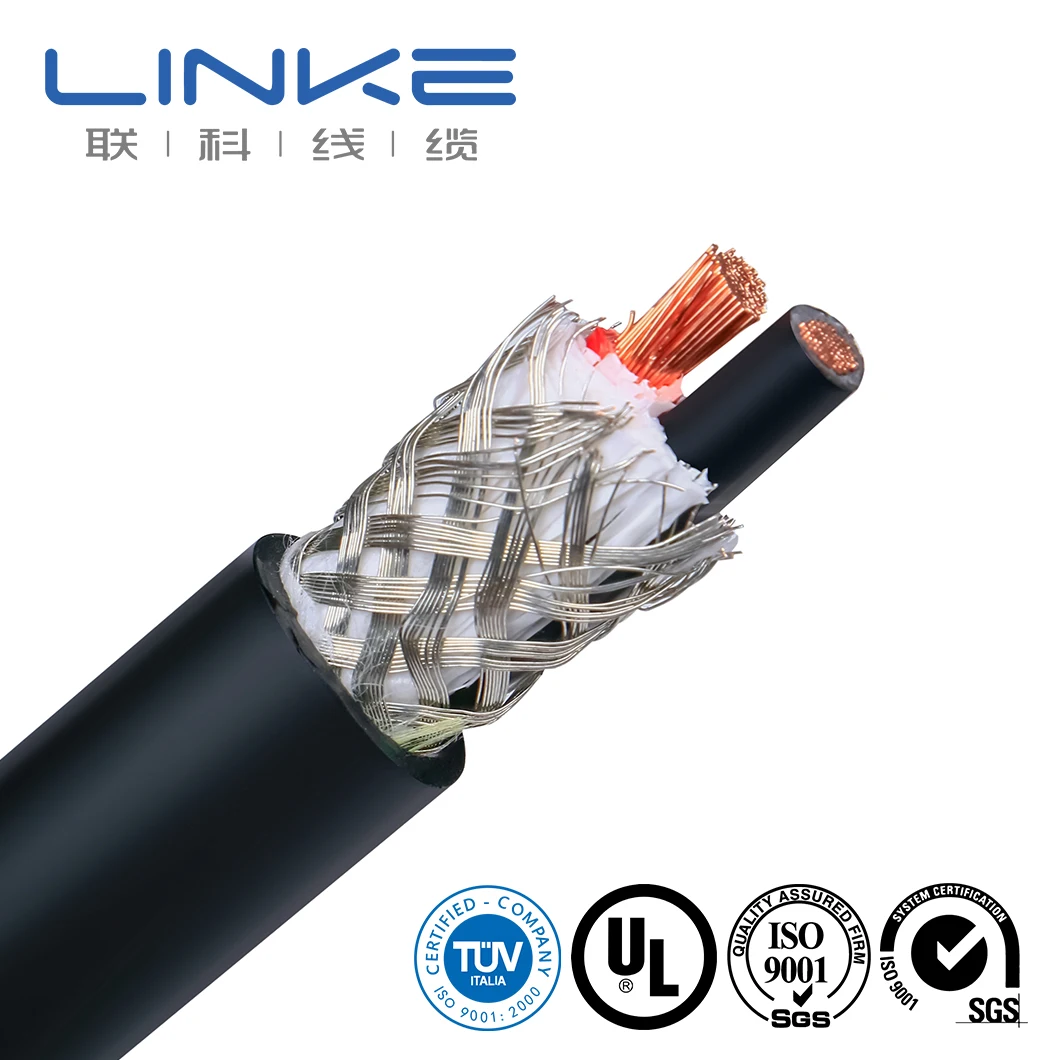Email format error
Email cannot be empty
Email already exists
6-20 characters(letters plus numbers only)
The password is inconsistent
Email format error
Email cannot be empty
Email does not exist
6-20 characters(letters plus numbers only)
The password is inconsistent

News at Linke
News from National Cable And Wire Manufacturing Company.

Comparing Customised Hybrid Fibre Optic Cables to Traditional Fibre Optic Cables
Introduction
Fibre optic cables have revolutionised the telecommunications industry by enabling high-speed data transmission over long distances. Traditional fibre optic cables have been widely used for their reliability and efficiency. However, with the advancement of technology, customised hybrid fibre optic cables have emerged as a viable alternative. In this blog post, we will compare customised hybrid fibre optic cables to traditional fibre optic cables and explore their advantages and disadvantages.

Traditional Fibre Optic Cables: Overview and Features
Traditional fibre optic cables consist of a core made of glass or plastic surrounded by a cladding layer and a protective jacket. They use light signals to transmit data, allowing for high bandwidth and low signal loss. These cables are commonly used in telecommunications networks, internet infrastructure, and data centres.
Customised Hybrid Fibre Optic Cables: An Introduction
On the other hand, customised hybrid fibre optic cables combine different types of fibres within a single cable. For example, they can integrate single-mode and multi-mode fibres or copper wires for power transmission. This flexibility allows for a more efficient and cost-effective solution for specific applications.
Versatility of Customised Hybrid Fibre Optic Cables
One of the key advantages of customised hybrid fibre optic cables is their versatility. By combining different fibres, these cables can support a wide range of applications. For instance, in a data centre environment where both high-speed data transmission and power delivery are required, customised hybrid cables can provide a single solution for both needs. This eliminates the need for separate power cables, reducing installation complexity and cost.
Adaptability to Existing Infrastructure
Another advantage of customised hybrid fibre optic cables is their ability to adapt to existing infrastructure. In many cases, upgrading to a completely new fibre-optic network can be expensive and time-consuming. Customised hybrid cables offer a more practical solution by allowing for the integration of new fibres with existing infrastructure. This makes them an attractive option for network expansion or upgrades.
Improved Reliability and Resilience
Furthermore, customised hybrid fibre optic cables can provide improved reliability and resilience. By integrating different fibres, these cables can offer redundancy and backup options. For example, if one fibre fails, the other fibres can continue to transmit data, ensuring uninterrupted connectivity. This redundancy feature is particularly crucial in critical applications such as healthcare, finance, and emergency services.
Limitations of Customised Hybrid Fibre Optic Cables
However, there are also some limitations to consider when using customised hybrid fibre-optic cables. The integration of different fibres within a single cable can increase complexity and require specialised installation techniques. This may result in higher installation costs and the need for skilled technicians.
Considerations for Choosing Customised Hybrid Fibre Optic Cables
Additionally, the performance of customised hybrid cables may vary depending on the specific application. While they offer versatility, they may not provide the same level of performance as dedicated single-mode or multi-mode fibre optic cables. Therefore, it is essential to carefully evaluate the requirements of the application before choosing a customised hybrid solution.
Conclusion: The Future of Customised Hybrid Fibre Optic Cables
In conclusion, customised hybrid fibre optic cables offer a flexible and cost-effective alternative to traditional fibre optic cables. They provide versatility, adaptability, and improved reliability. However, they also come with some limitations, such as increased complexity and potential performance trade-offs. It is crucial to assess the specific needs of the application and consult with experts to determine the most suitable cable solution. As technology continues to advance, customised hybrid fibre optic cables are likely to play an increasingly important role in meeting the evolving demands of modern networks.

